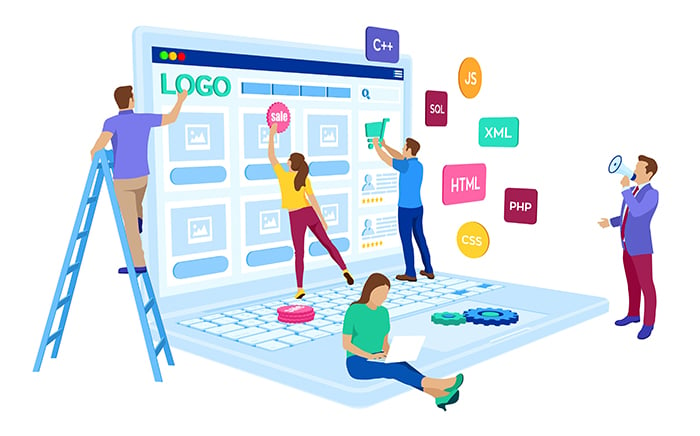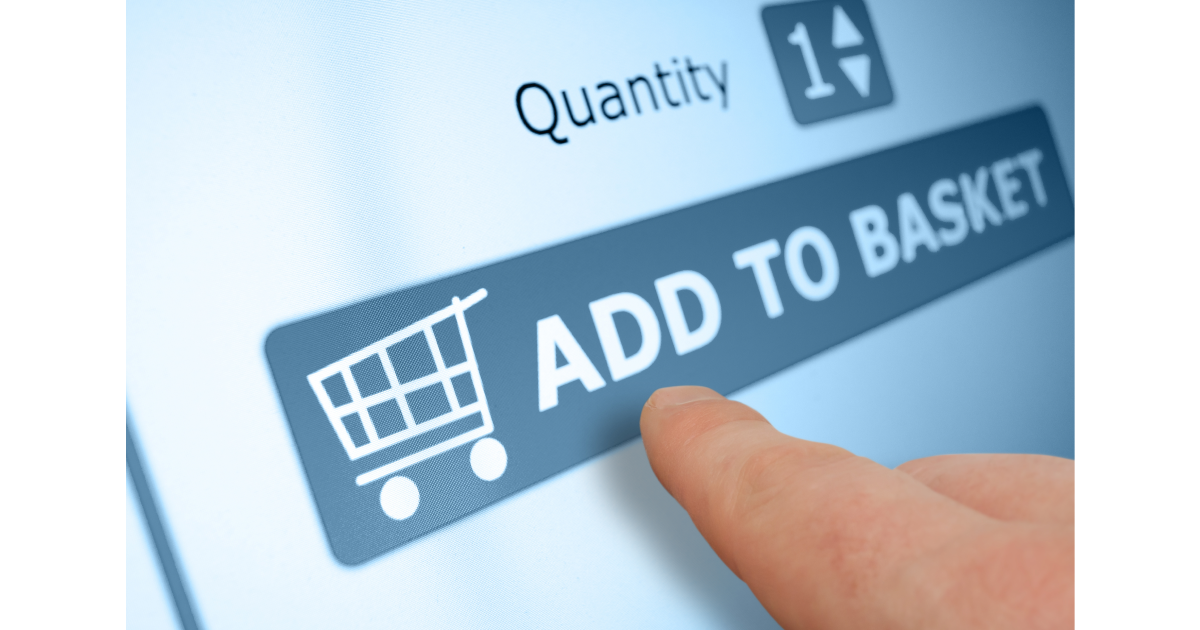If your company serves customers in Europe, complying with the European Accessibility Act (EAA) is essential. With a compliance deadline of June 28, 2025, businesses that provide products or services to EU customers must meet EAA accessibility requirements. Compliance isn’t just about avoiding penalties; it’s about ensuring your digital platforms are inclusive and accessible to all users, regardless of ability.
For a comprehensive overview of the EAA and what it means for businesses, visit our guide to the European Accessibility Act.
So how do you ensure EAA accessibility compliance? Working with an experienced accessibility vendor is one of the most effective ways to navigate the complexities of EAA compliance—but selecting the right partner is critical.
Below, we outline the key questions you should ask when choosing an accessibility vendor and provide insights on how the EAA affects your business’s website and digital services.
What Does the European Accessibility Act Mean for Your Business?
The EAA harmonizes digital accessibility standards across the EU, expanding beyond the Web Accessibility Directive that primarily applied to public-sector websites. The EAA now mandates that private-sector websites, including those in e-commerce, banking, telecommunications, and other industries, comply with strict accessibility requirements based on the EN 301 549 standard.
This standard is aligned with WCAG 2.1 AA but includes additional considerations for digital products and services beyond websites, such as software, hardware, and user documentation.
Whether you're offering transportation booking services, running an e-commerce website, or providing banking platforms, your digital experiences must comply with these standards to avoid penalties, ensure inclusivity, and meet customer expectations.
For a practical guide on how to navigate EAA compliance and make sure your business is ready, check out our EAA Compliance: A Practical Guide
Key Questions to Ask When Choosing an Accessibility Vendor
1. Do They Have Experience with EN 301 549 Compliance?
The EAA uses EN 301 549 as its core accessibility standard, which extends beyond WCAG to cover additional elements, such as hardware accessibility and documentation. It’s critical to work with a vendor who has deep experience ensuring compliance with this standard.
Ask the vendor for examples of previous projects where they’ve helped clients achieve EN 301 549 compliance. Do they have success stories with businesses in similar industries or regions? A vendor with this expertise will be able to ensure your website and other digital services are up to par with EAA standards.
2. How Do They Stay Current with Accessibility Standards?
Accessibility is an evolving field, with standards being updated over time. For example, WCAG 2.2 is expected to be included in the next update to EN 301 549, which will likely impact how businesses must approach compliance.
It’s important to partner with a vendor who stays ahead of these changes. Ask them how they keep their accessibility practices up to date. Do they actively monitor updates to WCAG and EN 301 549? Are they prepared to implement new criteria into your digital platforms as standards evolve?
3. Can They Provide Comprehensive Testing and Auditing Services?
A robust testing approach is vital for full EAA compliance. Automated testing tools can identify many issues, but manual testing and user testing with people who have disabilities provide the deepest insights into your platform’s accessibility.
Look for a vendor who offers:
- Automated testing: Great for scanning websites and catching a large number of potential accessibility barriers quickly.
- Manual audits: Important for catching issues automated tools might miss, such as proper form labeling, alt text, and other areas critical to EAA compliance.
- User testing with people with disabilities: The best way to truly understand the user experience for those who rely on assistive technologies.
This comprehensive approach will give you a more accurate picture of your platform’s accessibility and ensure that you meet EAA standards.
Read more about why a balanced testing approach is best for EAA Compliance.
4. Do They Offer Long-Term Support and Training?
EAA compliance isn’t a one-time fix. Accessibility must be built into your company’s ongoing processes, which means you’ll need ongoing support and training to maintain compliance.
When evaluating vendors, ask how they support businesses long-term. Will they help train your staff on accessibility best practices? Do they assist with creating an accessibility statement or reporting on accessibility progress to meet EAA requirements? A strong vendor relationship ensures you stay compliant beyond the initial audit.
5. Can They Handle Mobile Apps and Other Digital Platforms?
Websites are just one part of EAA compliance. Many businesses overlook mobile apps and other digital platforms that must also meet EN 301 549 standards.
Ensure the vendor you choose can handle not only websites but also mobile apps, e-commerce platforms, and other digital products. Whether it’s a booking system, online banking portal, or any other digital service, compliance with the EAA extends beyond web pages to cover all facets of your digital experience.
How the EAA Extends Beyond Websites
While websites are a significant focus of the EAA, it’s important to remember that the Act covers a broader range of digital products and services. For example:
- Banking platforms need to ensure that online banking tasks like checking account balances or downloading statements are accessible for people who rely on screen readers.
- Transportation services must make sure that electronic ticketing systems are easy to use for people with disabilities, including those who use assistive technologies.
It’s essential to choose a vendor who understands the full scope of EAA compliance, not just for your website but for your entire digital ecosystem.
Penalties for Non-Compliance
Failing to comply with the European Accessibility Act can result in significant penalties. In Italy, for example, non-compliant companies could face fines up to 5% of the previous year’s revenue. Beyond financial repercussions, businesses may face reputational damage and be excluded from public procurement opportunities within the EU.
Partnering with the Right Vendor for EAA Compliance
With the June 2025 deadline fast approaching, now is the time to ensure your digital platforms are compliant with EAA standards. Choosing the right accessibility partner can make all the difference in how smoothly you meet these requirements.
Ask the right questions and look for a vendor with proven expertise, comprehensive services, and a commitment to long-term accessibility success. The right partner will not only help you avoid penalties but also improve your digital experiences for all users.
Are you ready to start your EAA compliance journey? Contact our accessibility experts today to learn more about ensuring your website, apps, and digital services meet the required standards.
Ready to ensure your business is EAA compliant by 2025? Join our upcoming webinar, "The European Accessibility Act: Requirements for Compliance", for expert guidance on how to meet the new regulations. Register now to secure your spot and stay ahead of the deadline!









